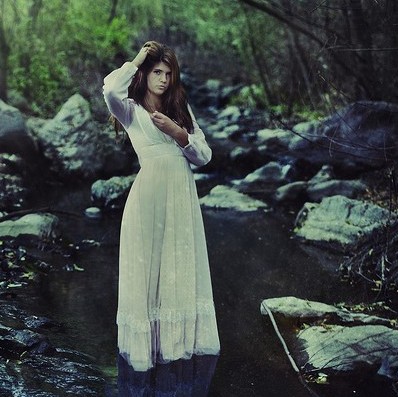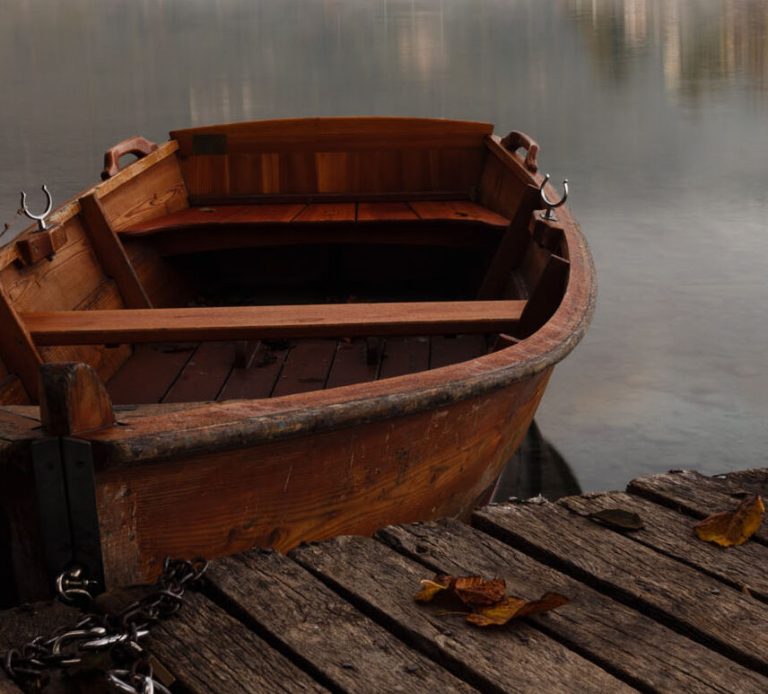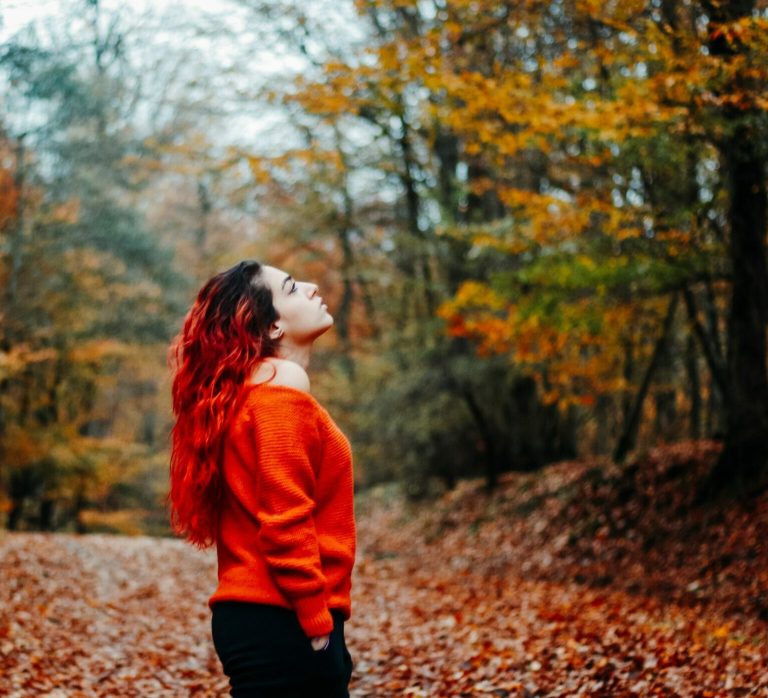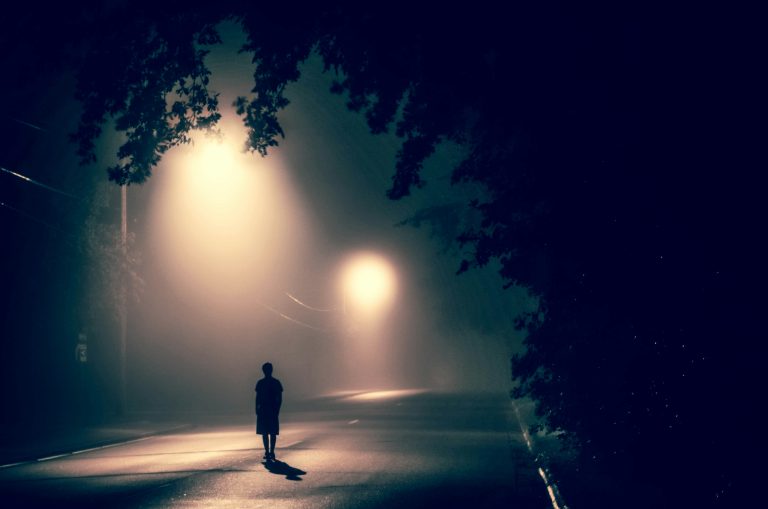How Settings and Locale Shape Us and the Characters We Create
If you think settings in a novel are inconsequential, think again.
Consider for a moment how locale has shaped you. Where did you grow up? What memories do you have from when you were a kid and cruised around your neighborhood?
I can picture just about every house for miles around my childhood suburban LA neighborhood because I rode my bike all the time, up and down the hills of Sherman Oaks, CA, south of “The Boulevard,” as it was called. I have fond memories of the local park with its huge community pool, where I swam on hot summer days. I can smell the salty air mixed with coconut oil at Santa Monica beach, and see the sweltering heat waves coming up off the hot parking lot, and hear the squawking of seagulls fighting over fish guts on the smelly pier. I can taste the chewy, hot, greasy fried clams and can hear the music wafting from the carousel and feel my sticky swimsuit full of sand, making me itchy in the backseat of our big old car as we drove the freeways home, sleepy after a long day at the beach.
I spent my early childhood summers in the Bronx, in my grandparents’ hot (no A/C) apartment, with mosquitoes attacking me while I hid under itchy wool blankets. I attended PS 93 (the local elementary school) for a few months, where I was teased for my California accent. I experienced many uncomfortable, unpleasant, tense, and fearful moments as a child in New York; I didn’t go back for more than forty years because of the distaste I had for that place. But when I did finally return, I was surprised at how much I enjoyed it.
Past is Present
We can all get lost in specific locales that are rich in sensory details. So why do most writers tend to ignore setting? Setting forms us and contributes to who we are. The choices we make as adults as to where we will live and work and play are influenced by our past experiences with setting. Setting is highly influential to us and should also be such for your characters, so I am hoping in these posts to get you to consider setting with a purpose. (If you missed last week’s post introducing the topic of setting, click here to read it.)
If you take the time when creating your characters to think about setting as an important part of their background, you will create richer characters. Don’t just give your characters a general past. Know exactly where they grew up and what that place (or places) was like and how it affected them.
An Exercise You Can Do to Generate Meaningful Settings
Try coming up with at least three events that happened to them growing up that tied in with the setting and that affected them for life. For example, if you have a character who grew up on a rugged coast and who watched his fisherman father die in a storm at sea, he will have some very intense conflicted feelings about spending a day on a friend’s sailboat. And if you add a storm to that present scene, think how that might affect him.
You don’t have to create some tragedy in a character’s past that is tied to setting (although that can often be great to do depending on your plot), but at very least, think how region and locale greatly influences your characters and find ways to bring that into your story. If you’ve seen the movie and/or TV miniseries Fargo, there’s a great example of setting influence attitude, speech/vernacular, and character.
We all have pasts, but too many writers create characters who have none. They show up in novels as ciphers, appearing on the stage with no background whatsoever, and as a result, hardly have any personality. Too often I read novels with flat, boring, nothing characters. And a large reason they are that way is they have no connection to locale—past or present.
Draw from Your Own Connections to Setting
Think of the three most important settings or locations in your past, where something very important or intense happened to you. This may take some time—or not. Where did you meet your spouse? What is the best or worst trip you ever took in your life? What is the worst tragedy you witnessed or suffered and where were you? Do you feel creeped out when you walk through the corridors of a hospital? If you’re an ER nurse, maybe not. But if you watched someone you love die in a hospital bed, you might feel uneasy.
We want to make our characters feel. I would say feel strongly. The more your characters can emote in believable, intense ways, the more chance your readers will be moved and affected as well. If you deliberately place your characters in settings that will bring up strong emotions in them, you will have a better, more effective scene than one in which you place your character in the local Starbuck’s just because you haven’t bothered to consider coming up with a more appropriate setting.
How to Choose Setting with a Purpose
Keep in mind this main point: the setting should be determined by the high point of the scene. I talk about this in my Shoot Your Novel course (and in last year’s blog posts and upcoming book release). Stop and think what main plot point or character insight you are going to reveal in a scene (for every scene must have a point or it should not be in your novel).
It may be you have no real choice as to where to set some scenes; they have to take place in certain locations. But if you are going to have a high moment of reveal or conflict, consider some choices of locale that will be compelling, interesting, provide variety, and most importantly be significant or emotive for your characters. Think about the key moments in your novel when your character has the greatest insights, pain, confrontation, or despair. If you can set those scenes in places that have emotional impact on your character, the scene will be stronger.
For example, you may have a scene planned that shows your main character having a fight with her boyfriend over her unwanted pregnancy. You could have the argument in a restaurant. Fine. But what if you have the argument in front of a preschool daycare or a hospital nursery ward, where she is visiting a friend who just had a baby? What if this character is conflicted about aborting, and all around her are cute laughing toddlers? Or screeching babies needing to be fed and changed and cared for. Depending on your plot and character arcs, these setting could add to the tension and hit home the high moment of your scene in a more powerful way.
Just as setting has shaped who you are, let setting shape your characters and influence them in the scenes they are in. Create setting with a purpose.
We’ll be looking more at setting: how to show it through the eyes of your characters, as well as ways to connect a character to her setting in a strong way. But for now, any thoughts about settings in novels? Do any great novels come to mind that have beautiful, purposeful settings?
Inspection checklists:
Inspection Checklist 1-concept with a kicker
Inspection Checklist 2-protagonist with a goal
Inspection Checklist 3-conflict with high stakes
Inspection Checklist 4-theme with a heart
Inspection Checklist 5-Plots and Subplots in a String of Scenes
Inspection Checklist 6-Secondary Characters with Their Own Needs
Photo Credit: David Talley via Compfight cc












Thank you for the insight, Susanne.
I am revising a scene that takes place when my heroine arrives at a hospital and is accompanied by a police officer from the ER entrance to the ICU waiting area, where she will find out her husband’s fate.
Having worked in hospitals for many years, the scenery description was easy to write. But the heroine observed her surroundings in a detached way.
I was missing the key ingredient…the visceral reactions she experiences as she walks to the ICU … fear, despair, apprehension, anxiety…
Setting only really has any place or impact in a story when it’s reacted to by the characters. What’s the point of just describing a place at all? If writers can keep in mind the novel is all about what characters experience, as “their life” on the page, then every element, not just setting, becomes meaningful and personal.
Very true. In one of my projects I find myself drawing on images from childhood – quite simple ones such as the evocative image of Chinese Fan palms on a city ridge with a backdrop of a mid-winter sky in Auckland. I am trying to recreate the feeling I had as a child in one of my characters, Miriam, who always knew, as a child when returning from a trip out of town, that the family were close to home by the sight of the Fan Palms silhouetted against the evening sky.
Gone with the Wind is the first novel that jumps into my mind where setting plays a major part.
I found this blog very insightful, Susanne … well they all are to be honest. For me, my novels are ALL about the setting. In my first novel, my setting is so strong, it is considered a character in the novel. In my second, I started with setting and am weaving a story around it. You have given me food for thought however, with your following words of wisdom: Think about the key moments in your novel when your character has the greatest insights, pain, confrontation, or despair. If you can set those scenes in places that have emotional impact on your character, the scene will be stronger.
I never thought of scenes in that way and you have in fact given me insight as to how to make my final grand finale, ah ha scene resonate even more with my readers. The setting is appropriate but I did not see it in exactly the way you have described. Thanks.
I am working on my debut novel now. This is such an important post for me personally. My setting is in my hometown, a real place rather than fictional. It has a very vivid history and it considered one of the few living ghost towns. In its heyday, in the Old West, it was considered more booming than Dodge City or Virginia City, or even Tombstone. I thought what better place for a historical murder than that. I debated whether to make it a real place or just base it on it, but I know this place well plus I am able to research what I need. I think it would be fair to say thqt it is also more of a character as well. It also evokes a great deal of emotion, both positive and negative for me, so it many ways I also think it will be cathartic as well. Thanks for this post, it makes me believe that I am on the right track. 🙂
This is a great reminder about setting as I tackle my first revision. Some settings I definitely thought out but know I am going to need to change some as I start editing. I really was not thinking of setting in the ways you described so will think about the power they have. As I write this The Shining comes to mind as most of the story takes place inside an old hotel which gives me the creeps just thiniking about it.